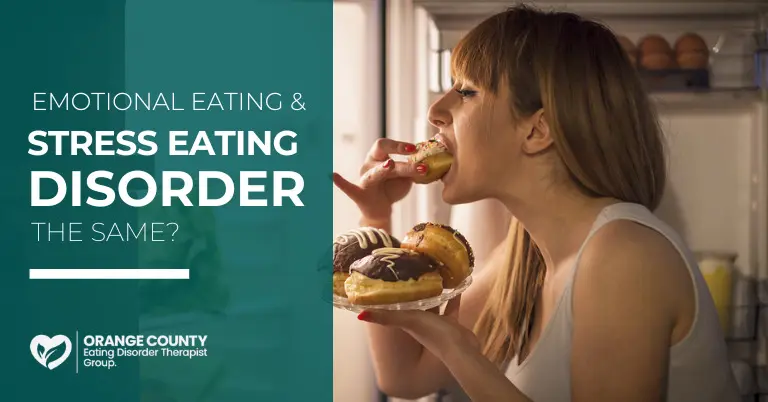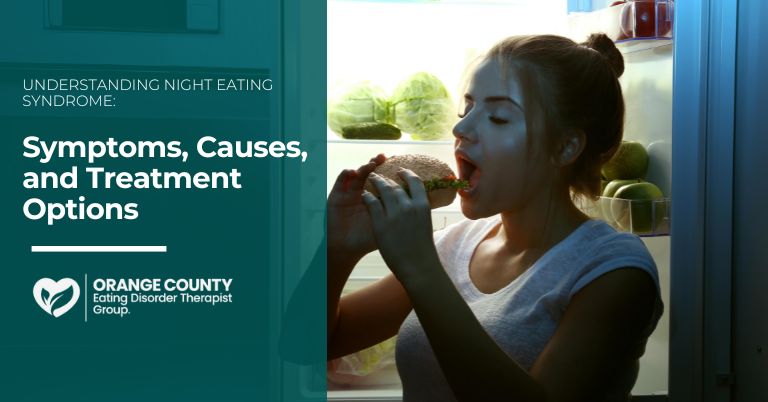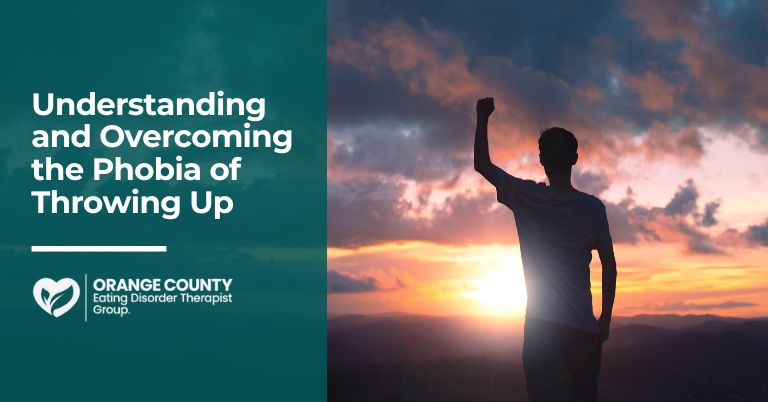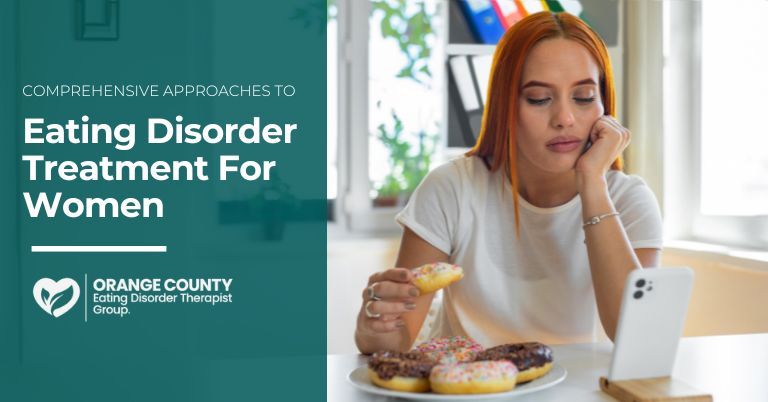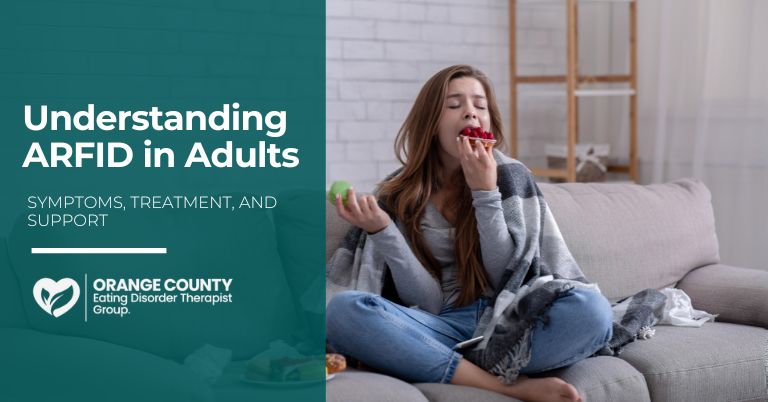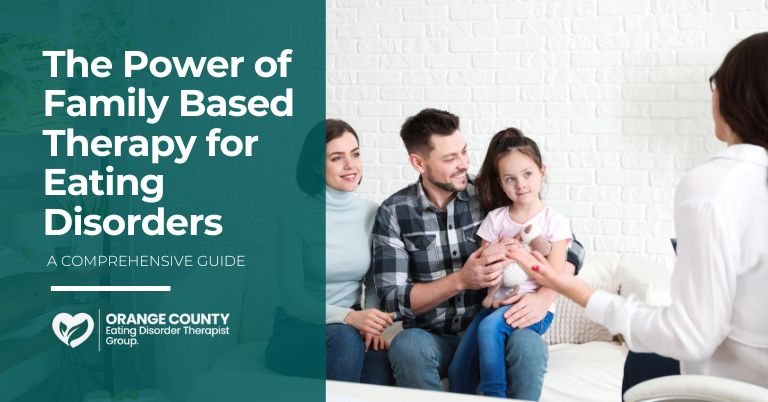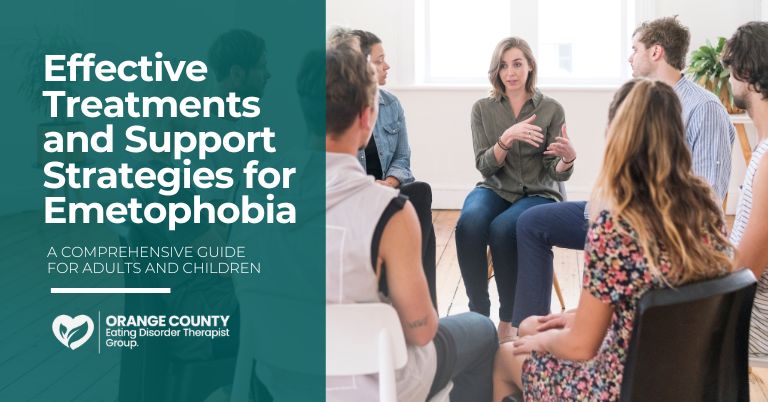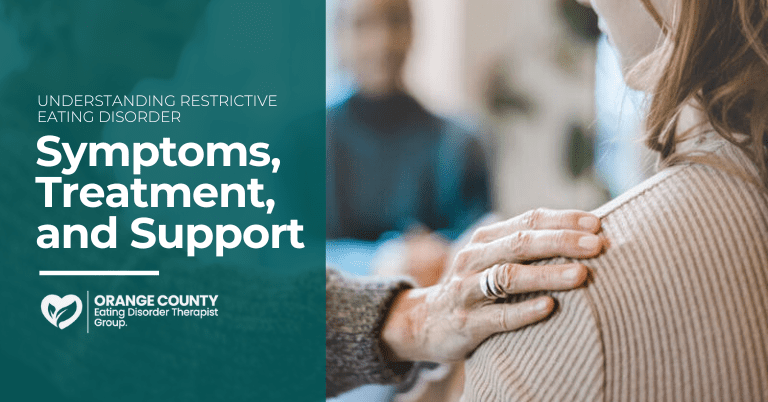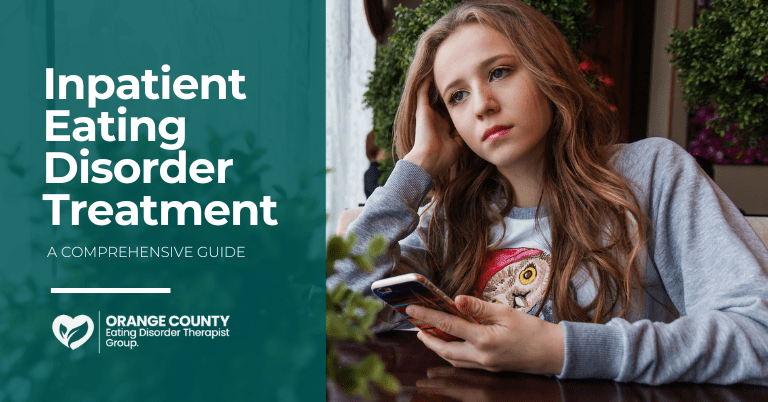Emotional Eating and Stress Eating Disorder
So, you know how sometimes, when life gets crazy, you find yourself chowing down on a bunch of food? That’s what people usually call stress eating. It’s like you’re not just casually snacking – you’re going all out, wolfing down large amounts of food pretty quickly. If that’s the case you might be on the verge of stress eating disorder.
Because of stress, 38% of individuals report they have overeaten or eaten unhealthy meals in the last month.
And the weird thing is, it feels like you can’t stop, like there’s this urge to finish every last bite, even if you know you’re full.
Now, if this turns into a regular thing, like happening a lot, it can be a sign of something more serious called binge eating disorder (BED). That’s when the stress eating becomes a bit more than just a bad day or two. It’s like a recurring pattern, and it’s considered an actual eating disorder.
Why Do I Feel Guilty After Eating?
It’s totally normal to feel guilty about eating now and then, but if it’s happening a lot, that’s not so normal. Is it stress eating disorder, we’ll see. Sometimes, we feel guilty about food because we’ve bought into this idea that if we eat the “right” things in the “right” amounts, we’ll magically get the perfect body. And guess what? That’s just a big myth!
Another reason for feeling guilty is when we think eating the “wrong” food means we lack willpower. But here’s the thing – it’s not a moral failing. It’s just how we’re wired. We might avoid certain foods because they upset our stomach, but then decide to have them after a workout. That’s what some call “healthism,” linking feeling healthy to certain activities that we associate with being thin.
But really, labelling foods as good or bad doesn’t make you a good or bad person. It’s not about being strong or weak. We’re all different, and resisting certain foods isn’t a sign of a lack of willpower.
If you’re struggling with these feelings and need help, consider talking to a Therapist. They can support you whether you’re dealing with Bulimia Therapy, Anorexia Therapy, or just finding a healthier relationship with food. They’re trained to help you through it, so don’t hesitate to reach out.
Stress Eating Disorder
Life is a rollercoaster of stress, from work hassles to family stuff and major life changes. And let’s not forget the curveball of the COVID-19 pandemic since 2020 – it shook up our routines and brought in a bunch of new stress.
When stress hits, it’s common to turn to food for comfort. You know, that occasional sweet treat when you’re tired or anxious or using snacks to distract yourself from a mountain of tasks. But why does stress make us eat, and how does it connect to eating disorders?
Well, a lot of us have this idea that eating equals comfort. It’s something we pick up from childhood, this notion that food can make us feel better. But here’s the twist – how does stress eating play into eating disorders?
If you’re curious about this and it’s something you’re dealing with, it might be worth talking to an Eating Disorder Dietician Near me. They’re pros at understanding these connections, and you can find one near you.
So, if you’re feeling lost in the world of stress and food, reaching out to a therapist is a good move.
Emotions and Eating
Ever notice how your feelings can sometimes lead you straight to the fridge or that secret snack stash? Yep, we’ve all been there. Emotions and eating have this curious dance – it’s like they’ve got their secret language.
When you’re stressed or down, suddenly, that chocolate bar seems like the best remedy. Happy? Well, that calls for a celebration meal! It’s a universal thing – we link emotions with what’s on our plate.
But here’s the twist: why do we do it? Why does a tough day send us diving into a bag of chips? And is there a connection between emotions and eating habits?
Turns out, there’s a whole world of psychology behind it. Emotions often team up with food for comfort. It’s like your taste buds become mood magicians, trying to make everything feel a bit better.
If this emotional eating rollercoaster is leaving you puzzled or you’re curious about the connection, chatting with a professional could help. An Eating Therapist knows the ins and outs of how our feelings and food are best buddies. So, if you’re looking for some answers or just want to navigate this emotional eating maze, they might be the guide you need.
Emotional Eating and Stress Eating Disorder are related concepts, but they have some major differences:
Emotional Eating
- Definition: Emotional eating refers to the habit of using food to cope with or soothe emotions, such as stress, sadness, boredom, or happiness.
- Characteristics: People may eat in response to a wide range of emotions, seeking comfort or distraction through food. It’s a common behaviour and doesn’t necessarily indicate a disorder.
- Frequency: Emotional eating can occur occasionally, and many people engage in it without it becoming a pervasive problem.
Stress Eating Disorder
- Definition: Stress Eating Disorder isn’t a formally recognised clinical term like some other eating disorders, but it can be used informally to describe a pattern where someone consistently turns to food as a coping mechanism for stress.
- Characteristics: It involves a more chronic and compulsive relationship between stress and eating. There needs to be more control over the amount and types of food consumed during stressful periods.
- Clinical Recognition: While stress eating may not be a formal diagnosis, persistent and severe patterns of this behaviour could contribute to or be indicative of other eating disorders, such as Binge Eating Disorder (BED).
Is Emotional Eating an Eating Disorder?
Eating based on emotions can up the chances of developing serious eating issues like binge eating, anorexia, or bulimia. But here’s the scoop: just emotional eating alone isn’t officially labelled as an eating disorder in the DSM-V (the big book that guides doctors).
If you’re scratching your head wondering if your eating habits, especially emotional eating, might be crossing into eating disorder territory, it’s wise to have a chat with your doctor. They can screen you and figure out what’s what.
And hey, if you need someone to talk to about this, consider reaching out to an Eating Therapist or getting Eating Disorder Counseling. They’re trained to help with exactly these kinds of things, and having someone in your corner can make a big difference. So, feel free to seek support if you’re feeling unsure or overwhelmed.
Final Thoughts
If you find yourself wrestling with emotional eating or binge eating, or maybe you’ve been told you have a binge eating disorder, think about setting up a meeting with a Registered Dietitian in Orange County.
They can guide you on how to eat with awareness and give your body the good stuff it needs, all without feeling like food has you in a headlock. And if you’re on the lookout for someone nearby, you should search for an Eating Disorder Dietician Near Me or check out an Eating Disorder Therapist or Eating Disorder Specialist Near Me. They’ve got the know-how to help you navigate this journey. So, don’t hesitate to reach out and get the support you need.

